Attention-deficit/hyperactivity disorder (ADHD) can be described as a brain disorder affected by an ongoing pattern of inability to maintain attention. It also triggers hyperactivity or impulsiveness which would interfere with the functioning or development of the person.
For the discussed disorder, the result could contribute in playing a role which causes individuals to face multiple challenges in his/her day-to-day activities and adheres to chemical differences as well as structural differences in the brain and genetics.
What is the root cause of ADHD?
It is often a misconception that ADHD may be caused by either poor parenting, life events that were traumatic, digital distractions such as video games, not enough physical activity, excess sugar, or even food additives. This isn’t really the case.
For the brain of an individual that has this disorder, there are multiple differences in the levels of activity and the way in which some areas of the brain are structured.
This disorder is found to be more common in males than females; however, the symptoms may vary from children to adults.
The symptoms of ADHD for children include:
• The child would find him/herself to be easily distracted and unable to pay attention for a long span of time.
• Directions wouldn’t be followed and tasks would be uncompleted.
• The listening factor of the child would be nil or increasingly deficient.
• Careless mistakes would be made by the child.
• Daily activities would be forgotten to perform.
• Organization of daily tasks would be a significant problem for the child.
• The child would find himself/herself lacking interest in doing nearly anything and can’t sit still.
• Possessions or items would often be lost.
• Daydreaming.
As the individual grows older, the manifestation of the disorder may change and would include symptoms such as:
• Uncontrollable anxiety which would affect the person’s ability for productivity.
• The self-esteem of the individual would grow significantly less each day.
• They would be faced with different kinds of problems at work.
• Anger management problems.
• The impulsiveness of the individual would be more.
• Frustration.
• Procrastination.
• Issues with being able to concentrate while reading.
• Depression.
• Significant mood swings.
The symptoms of ADHD shouldn’t be taken lightly. If it comes down to the interference in a person’s day-to-day activities, some serious help should be considered. Many children go through different phases where they can be identified as inattentive or hyper. However, this doesn’t mean they have this disorder.
However, parents should seriously consider matters that may seem to affect the child’s behavior. This doesn’t just apply to children, as an adult it is important to seek the necessary help if things seem to get out of hand.
Silver Lining Psychiatry is a psychiatrist organization based in Orlando, Florida. Here, we believe in the phrase “Every Cloud Has A Silver Lining,” and we work towards the goals to capture a person’s self-esteem, self-expression and the capacity to capture and channel an individual’s energy to achieve personal foals in a balanced way. SLP offers exceptional healthcare for adults, adolescents, and the geriatric population within the Orlando Metro area.
Our Psychiatrists and staff here at Silver Lining are committed to offering an outstanding mental healthcare experience. Our Compassionate doctors specialize in the assessment and treat of a wide array of mental health disorders. We understand each patient is a unique individual who requires a personalized, effective treatment plan that is beneficial towards their health and personal goals.




